The cognitive process of attention allows us to access the world around us. The brain filters environmental stimuli, focuses on the important ones and suppresses the irrelevant. To learn and to carry out our daily activities, we need to pay attention. Attention problems can affect other cognitive functions, as well as bring about social, academic and/or occupational impairment. Therefore, poor management of attention not only produces academic failure but also reduced work productivity and anxiety in any situation that requires concentration with low levels of environmental feedback. ADHD treatment with Neurofeedback optimizes attention, stress management and concentration. It is a brain training where real-time feedback is obtained.
What is ADHD?
Attention deficit with or without hyperactivity is a neurobiologically based disorder. The condition usually begins in childhood and persists into adulthood (fussy babies, problematic students, adults unstable in their activities, etc.). It manifests as difficulty or inability to maintain attention on an activity for a prolonged period, they are easily distracted, cannot organize their day, watch a full movie, forget obligations, class schedules, lose things, do not pay attention to details, among other significant behaviors.
When these symptoms are associated with disinhibition, they cannot control their impulses, cannot stay still, have difficulty waiting and interrupt others when they are speaking. However, they are capable of attending to what motivates and interests them but, in those cases, they find it difficult to disengage from that activity and postpone others.
When these behaviors are persistent, professional intervention is required since ADHD negatively affects the person’s academic, family and social life, making appropriate treatment necessary to improve and reduce the associated symptoms and their consequences.
ADHD and Neurofeedback
The practice of focusing attention is like training a muscle: if we don’t use it it weakens, and if we exercise it it develops and strengthens.
It has been shown that the achievements obtained with an attention training program based on neurofeedback are permanent achievements. If we are easily distracted, we can train attention and improve our performance.
Benefits of ADHD treatment with Neurofeedback
- Improves attention.
- Increases capacity for concentration.
- Develops working memory.
- Improves processing speed.
- Optimizes academic and work performance.
- Strengthens relationships and social skills.
- Improves stress management.
- Facilitates self-control.
- Reinforces self-esteem.
- Improves the cognitive skills necessary to control our thoughts, emotions and actions.
Why undergo ADHD treatment with Neurofeedback?
Because with Neurofeedback we can see our attention in real time.
Furthermore, it is a learning system, a feedback mechanism that motivates and encourages progress. It is based on a neurobehavioral treatment, brain training, a form of brain training that allows one to know in the moment the functions of which we do not have conscious information (level of concentration, ability to filter distractors both internal and external, inhibitory capacity, management of impulsivity, among others). It enables new learning and then applying those behaviors and skills in our daily life.
How do we organize ADHD treatment with Neurofeedback and NeuronUP at Dislexia y Conducta?
Work plan
After the neuropsychological evaluation a personalized work plan is drawn up according to age and treatment goal.
Below, we cite an example of a work plan carried out at DC for a 15-year-old patient for the treatment of his ADHD. It consists of a daily 15-minute online program with NeuronUP2GO.
Attention program
- Selective attention activities – 5 minutes.
- Sustained attention exercises – 5 minutes.
- Processing speed activities – 5 minutes.
This program is carried out on Mondays, Wednesdays and Fridays.
It alternates with attention and executive function programs where the following are worked on:
- Alternating attention exercises – 5 minutes.
- Inhibition activities – 5 minutes.
- Flexibility activities – 5 minutes.
By scheduling it at the same time every day, a habit is generated that favors organization, since organization and routine are fundamental tools to be able to train attention and achieve efficient time management.
Neurofeedback training
We carry out Neurofeedback training twice a week for half an hour and implement a reward system for levels achieved in training.
We have found that greater resilience and a greater capacity to face life’s challenges are obtained when a personalized and directed work plan is framed that meets the objective of working on self-control and the ability to manage current and future tasks.
Real achievements take time; progress occurs in stages and errors are a natural part of the process. When working on increasing concentration, new habits are consciously adopted, producing a change that favors self-regulation. That is why both NeuronUP and Neurofeedback sessions end with a self-assessment of performance, an activity that is fundamental for ADHD treatment.
Role of the trainer
The trainer’s role is important in ADHD treatment with Neurofeedback.
The trainer encourages reflection, helps by pointing out inappropriate behaviors, promotes a positive valuation of achievements and works as support and mediator of the training.
The trainer designs the reward system and agrees with the patient on behavioral goals in the short and medium term, such as fostering tolerance to frustration, not abandoning the activity despite difficulties, reducing nervous habits or motor restlessness. The trainer facilitates organization to comply with the training and improves listening and communication skills.

Subscribe
to our
Newsletter
A clinical vignette from Dislexia y Conducta
We were consulted about a 15-year-old adolescent in June 2020, who emigrated from another country, with a prior diagnosis of ADHD without pharmacological treatment and, as a result of the Covid-19 pandemic and the move, the disruptive behaviors worsened, presenting serious academic and behavioral problems.
A neuropsychological diagnosis was carried out. The results yield the following considerations:
– Has an ADHD inattentive profile.
– Has a profile of Specific Learning Disorder, dyslexia.
From her profile the following can be observed:
- Greater variability in academic performance and in the execution of daily life tasks.
- Her quality of work is dependent on stimulus and environment; she needs greater organization, structuring and supervision to accomplish tasks.
- She does not manage to complete activities if they are extensive.
- Her work speed can be very slow or very fast, with difficulty reviewing errors, presenting impulsive behaviors.
- Poor regulation of the overall attentional arousal level, that is, to focus on the demands of the environment and the moment.
- Poor self-motivation and/or self-reinforcement.
- Reading deficit that implies greater attentional cognitive effort.
- Lower overall self-concept, with a marked impairment of intellectual and behavioral self-concept.
- Generalized anxiety disorder, showing high levels of anxiety in almost all behavioral, emotional and physical areas. Feelings of stress, insecurity, negative expectations and frustration.
Suggestions from Dislexia y Conducta
Work plan combining NeuronUP2GO and ADHD treatment with Neurofeedback.
Behavioral modeling was based on working on sustained attention, filtering distractors, working memory, timed tasks, inhibition or processing speed, among other cognitive functions.
At Dislexia y Conducta the following coping strategies were promoted:
- Anticipation through planning purposes and goals, as well as identification and expectations of achievement.
- Monitoring through behavioral control or behavior modeling.
- Awareness and self-assessment.
- Coping and resolution that ran parallel to progress in brain training and visualization of achievements.
- Behavioral coaching with reward systems.
After 6 months of work her attentional level was evaluated, observing a functional improvement that positively impacted her academic performance, behavior and overall self-perception.
Results of ADHD treatment with Neurofeedback and NeuronUP
Today she is able to start an activity and finish it, to generate problem-solving strategies independently and to maintain the level of concentration appropriate to the demand.
These achievements strengthened her self-esteem, enabling the adolescent to deploy appropriate emotional self-regulation strategies, not succumbing to stress, anger or procrastination.
Once again our work plan at Dislexia y Conducta for ADHD treatment has been successful.
Conclusions
At Dislexia y Conducta, we work with Neurofeedback and with NeuronUP for the treatment of ADHD and we always achieve amazing results.
For the preparation of this article, I have had the collaboration of María Lourdes Mazzola Vernengo.
If you liked this post about ADHD treatment with Neurofeedback and NeuronUP, you might be interested in these publications from NeuronUP:
“This article has been translated. Link to the original article in Spanish:”
Tratamiento del ADHD con Neurofeedback
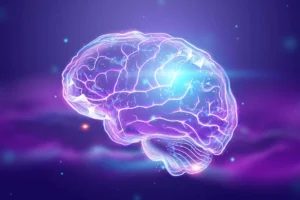
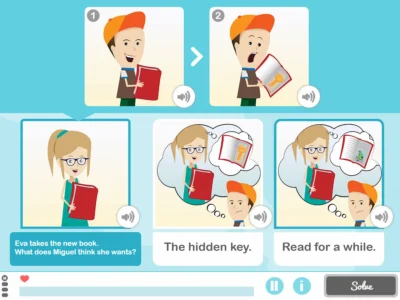
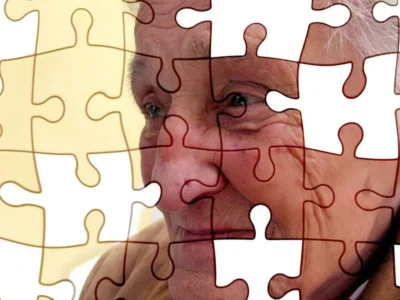
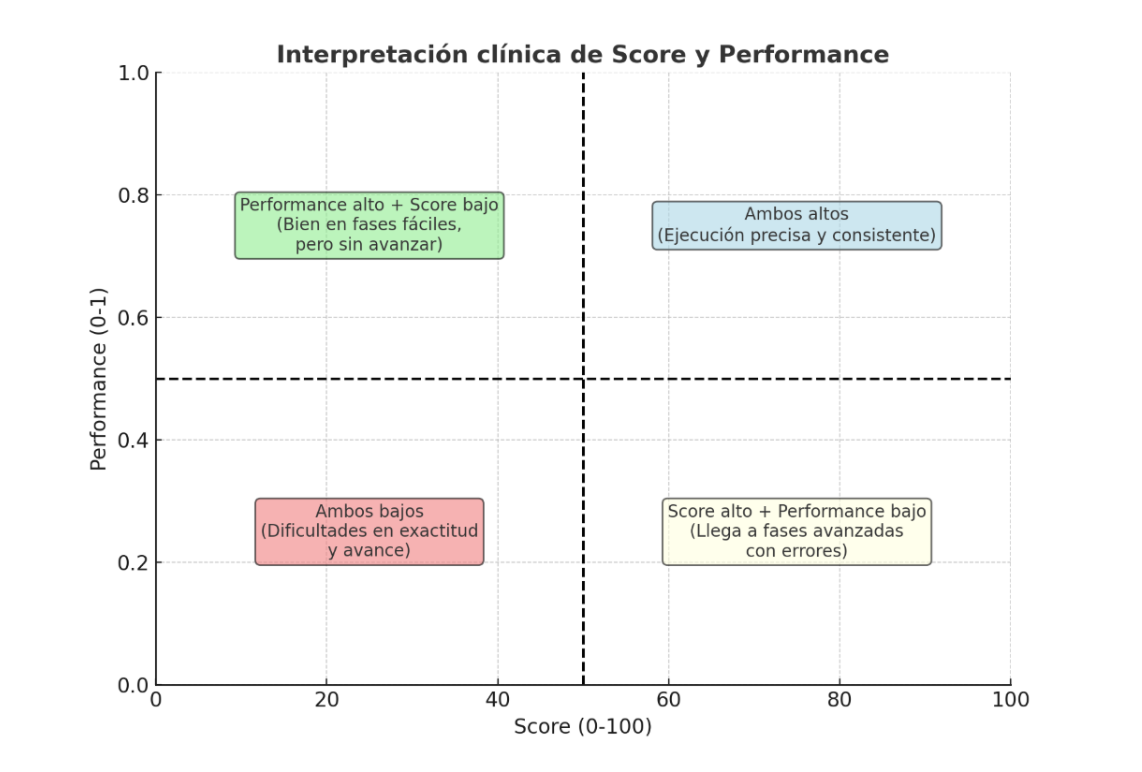
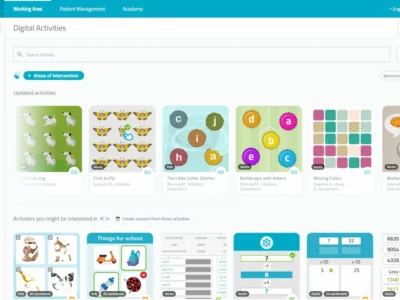


 Cognitive functions or abilities: what they are, examples, and exercises
Cognitive functions or abilities: what they are, examples, and exercises
Leave a Reply